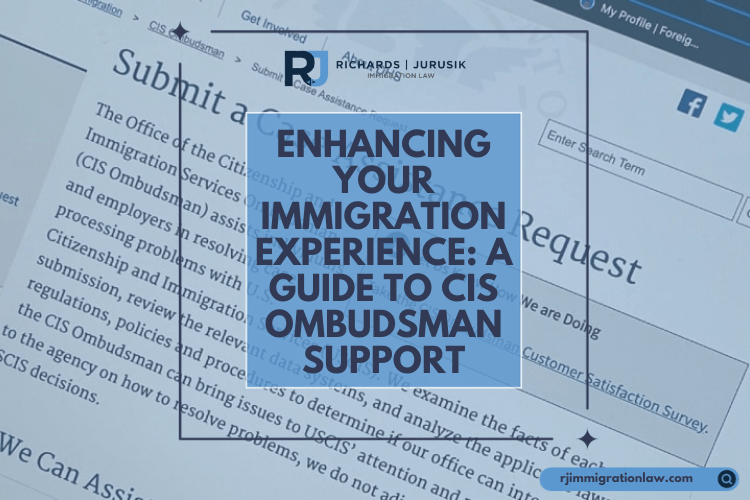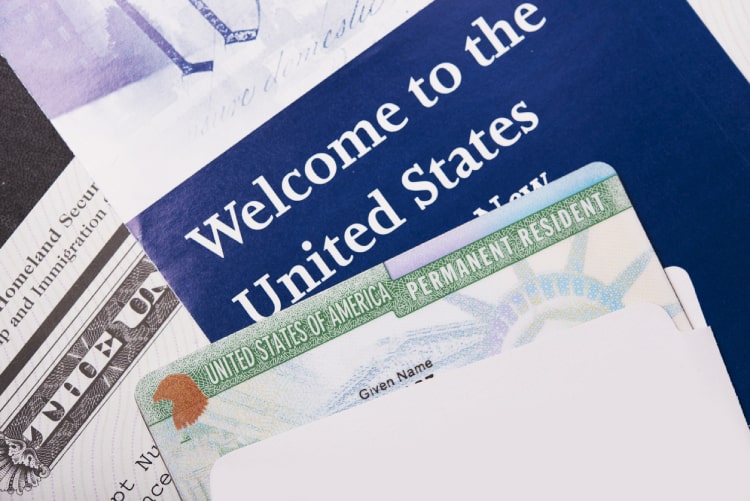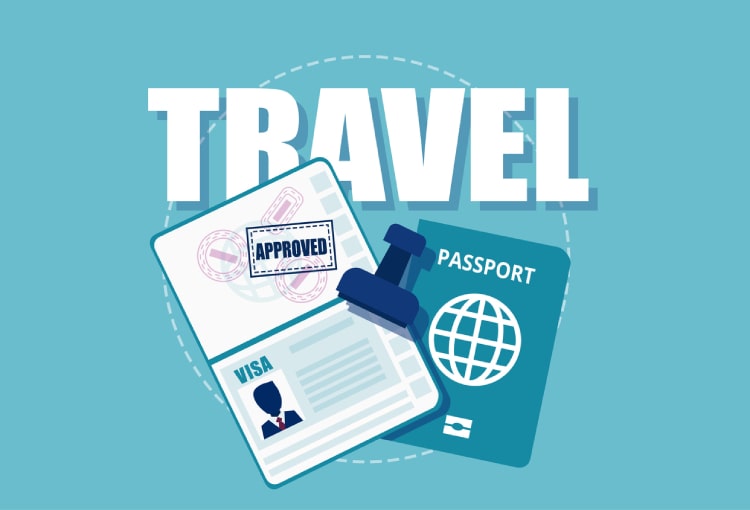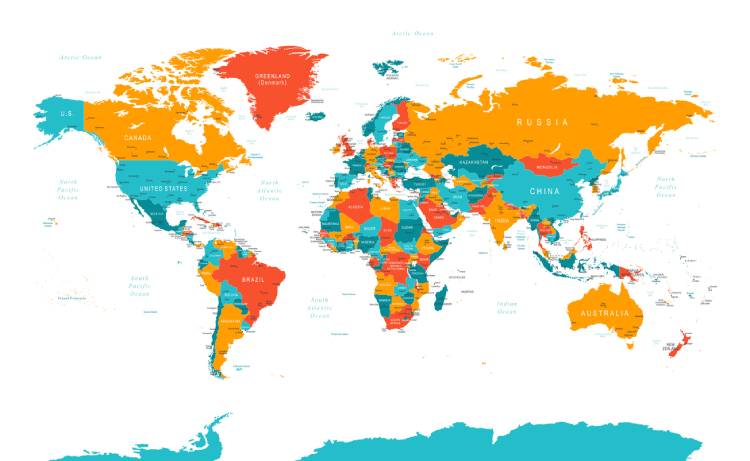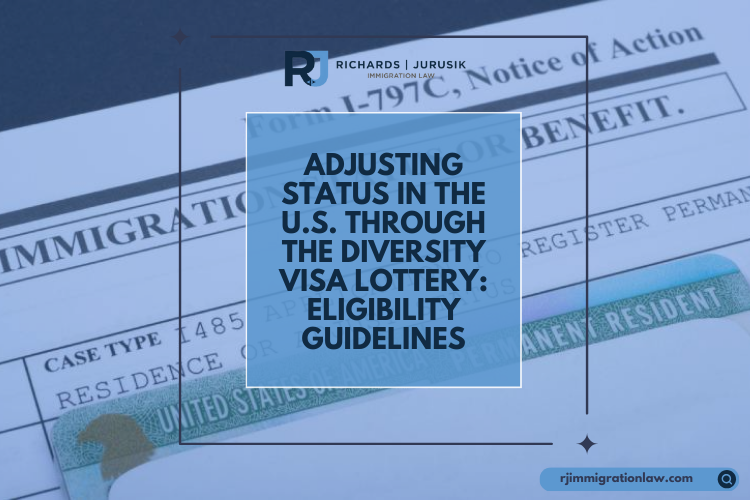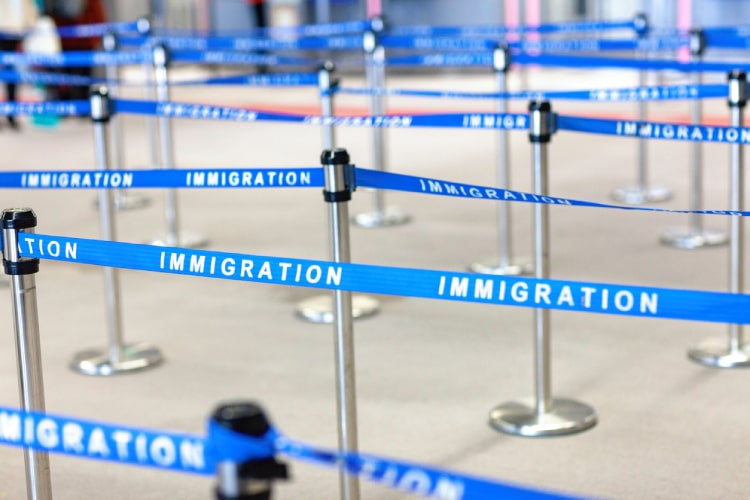Navigating the complexities of citizenship and immigration processes can be challenging, but the Citizenship and Immigration Services (CIS) Ombudsman is a valuable resource dedicated to enhancing your experience. This guide outlines when and how to seek their assistance for a smoother immigration journey.
When Can the CIS Ombudsman Assist You?
- Delayed Cases: If your case exceeds standard processing times, especially those pending for over six months, the CIS Ombudsman can offer support.
- Misprints and Errors: Address misprints in immigration documents or cases rejected due to factual errors or misapplication of the relevant law.
- Eligibility Concerns: Seek assistance for cases susceptible to aging out of eligibility for requested immigration benefits.
- Military Personnel Cases: Specific cases related to US military personnel and their families can be addressed through the CIS Ombudsman.
- Priority-2 Direct Access Program: Cases involving individuals facing removal proceedings with pending USCIS applications that may impact the removal proceedings.
- Systemic Issues: Report systemic issues that necessitate a higher-level review.
- Lost or Transferred Files: Issues related to lost or transferred files can be brought to the attention of the CIS Ombudsman.
- Mailing Problems: Address problems like non-delivery of correspondence or immigration documents.
- Special Circumstances: Seek assistance for emergencies or hardships that meet USCIS expedited criteria.
Limitations of CIS Ombudsman’s Intervention:
Despite their broad assistance, there are limitations to the CIS Ombudsman’s involvement:
- Cases Within Processing Times:The CIS Ombudsman may not intervene if a case is within posted processing times, unless specific statutory or regulatory time requirements exist.
- Rejected Expedited Requests: If USCIS rejects an expedited request, the CIS Ombudsman’s intervention may be limited.
- Legal Advice: They do not provide legal advice.
- Issues Not Involving USCIS: Matters not involving USCIS may fall outside their scope.
- Communicating Without Consent: They cannot communicate with parties other than the applicant or attorney without written consent.
- Forcing USCIS Approvals: They cannot force USCIS to approve a pending application or petition.
- Rectifying Third-Party Actions: They may not rectify actions stemming from misinformation provided by third parties.
- Exclusive Jurisdiction: Matters under the exclusive jurisdiction of another government department or agency are beyond their purview.
Steps to Requesting CIS Ombudsman Assistance:
Before seeking assistance, follow these steps:
- Check Processing Times: Verify if your case exceeds published processing times.
- Create a USCIS Account: Establish a USCIS online account for direct electronic communication.
- Create a USCIS Account: Establish a USCIS online account for direct electronic communication.
Schedule a Consultation with an Immigration Lawyer
Additional Outside Resources
- USCIS: The Office of the Citizenship and Immigration Services Ombudsman
- USCIS: Case Processing Times
- USCIS: Tools and Resources
- USDHS: How to Submit a Case Assistance Request
Subscribe to Our Resources Blog
Schedule a Consultation with an Immigration Lawyer
We Can Help!
You may have questions regarding U.S. immigration laws and visas. We invite you to reach out to our team at Richards and Jurusik for detailed guidance and assistance. Our goal is to provide you with the most accurate and up-to-date information to make your immigration process smoother and less stressful. The immigration lawyers at Richards and Jurusik have decades of experience helping people to work and live in the United States. Read some of our hundreds of 5-star client reviews! Contact us today for an assessment of your legal situation.

